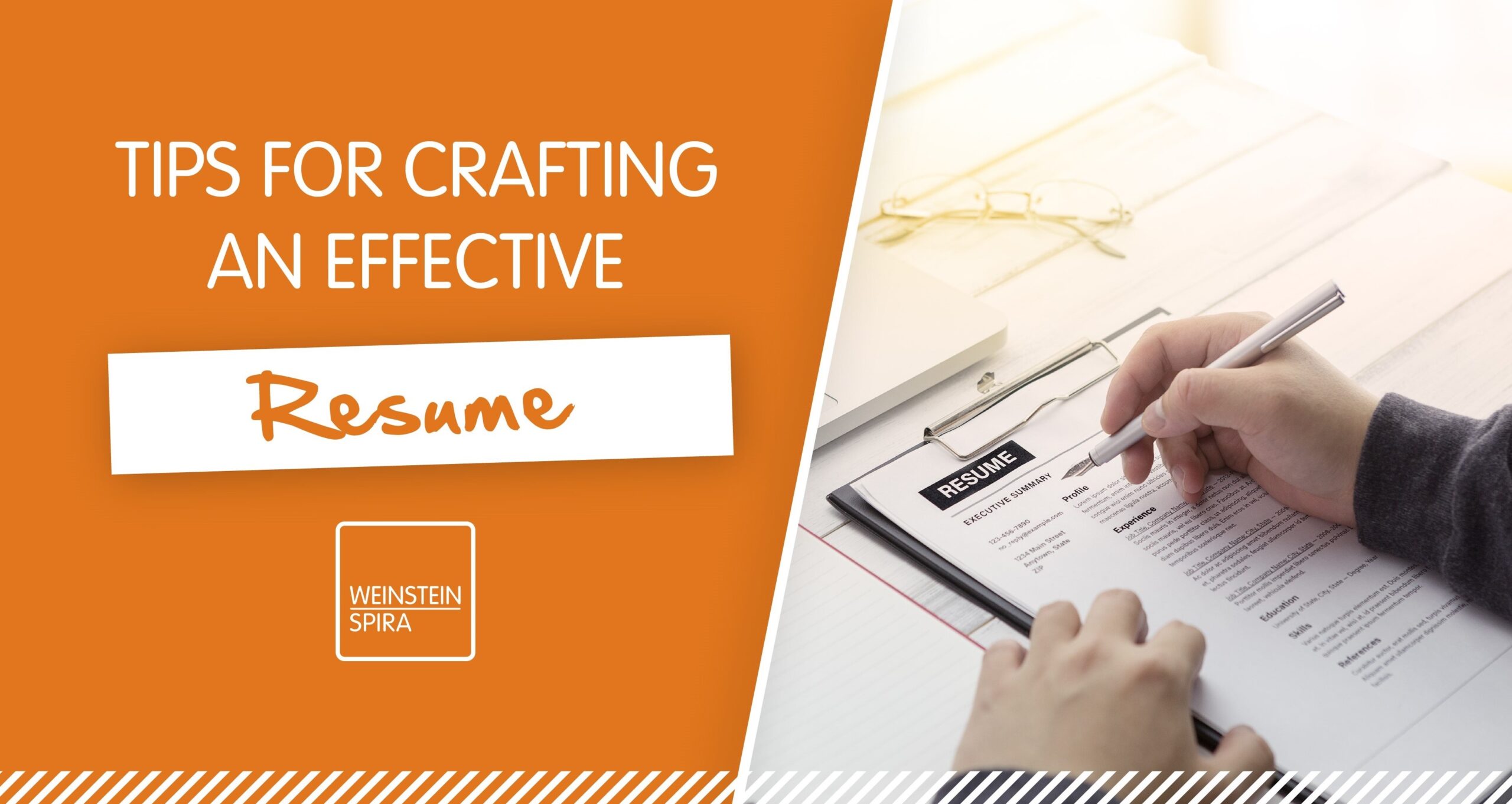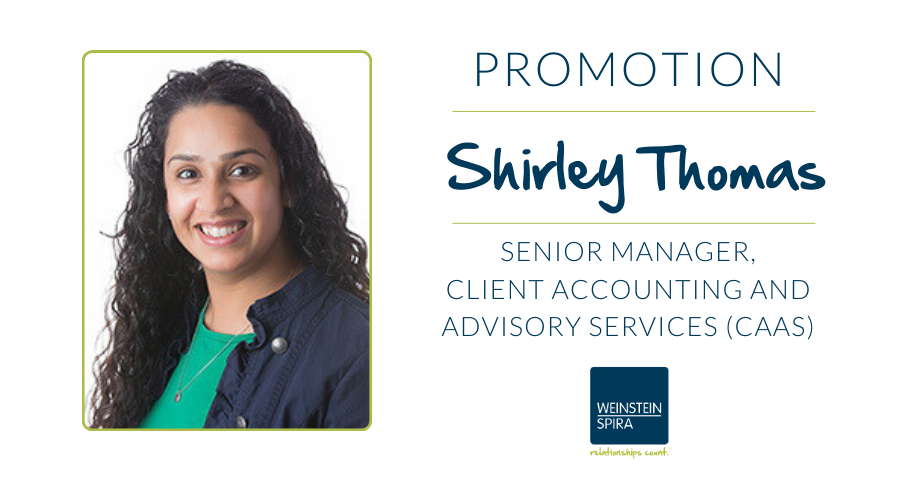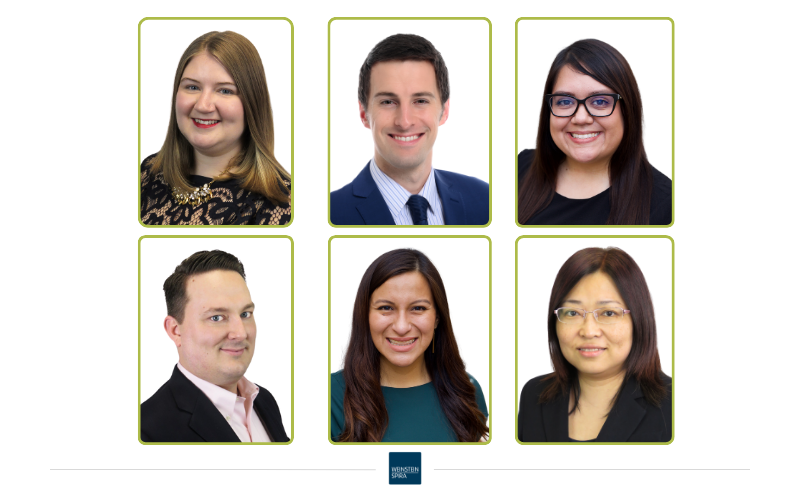In a world of resume advice, there is an abundance of helpful tips and guidance from various sources such as recruiters, HR departments, placement offices, friends and family. However, it is essential to prioritize your own comfort and confidence when creating your resume. In this blog, I will provide some practical ideas, comments and tips to help you build an effective resume that reflects your unique qualifications. Your resume is a reflection of you and your experiences so you must be comfortable with what you create.
Keep Your Resume Current
It is important to keep your resume up to date, even if you are satisfied with your current job. Economic conditions fluctuate, companies undergo acquisitions and new opportunities arise. By maintaining a fairly current resume, you will be prepared. At the very least, ensure that your resume includes your previous job experience so updating it will not be overly strenuous.
Resume Length
Resume length has evolved from the traditional one-page standard. While it is still suitable for early career stages, longer resumes of three or four pages are acceptable for those with extensive experience. It is important to maintain a balance between including essential information and leaving room for discussion during interviews.
Keep Your Resume Accurate
In today’s digital age, it is crucial to maintain truthfulness on your resume. Recruiters and hiring managers can easily fact-check the information provided. Additionally, be sure that your resume aligns with your LinkedIn profile, as recruiters compare the two. They may also go through your social media accounts, so it is important to be cognizant of what you have posted.
Adapting your resume based upon the job description is another smart strategy. While remaining truthful, you can emphasize relevant experience and skills that align with the industry or position you are targeting and possibly tone down other things. This increases your chances of getting noticed by hiring managers and recruiters who often use keyword searches when reviewing resumes.
What To Include
As you progress in your career, your resume should reflect the changing relevance of certain information. If you are 25 years old, your college GPA holds significance, whereas it becomes less important as you reach 50. With more years of experience, your resume should evolve accordingly. Recent and current experiences should be detailed, while older ones can be condensed without being eliminated entirely.
Certain achievements should always be included even if they occurred many years earlier. Accomplishments such as being an Eagle Scout, a college athlete or the president of your sorority demonstrate maturity and leadership at a young age. These noteworthy experiences can also serve as conversation starters during interviews, helping you stand out from other candidates.
Have Your Resume Reviewed
Ask multiple people to review your resume. Seek perspectives from people of different ages, industries and professions, ensuring they provide honest yet positive feedback. However, avoid over-editing. This is your work life in a document so be comfortable with what it says.
It is also extremely important to check spelling and grammar. When a hiring manager is reviewing many resumes with comparable experience and qualifications, a resume with a misspelled word can lead to your resume being rejected.
Remember, while your resume is crucial, it is just one step in the job application process.
Post-Resume Preparation
After your resume is complete, these are some additional items to think about:
- A cover letter or introductory email – try not to make these duplicates of your resume.
- Three or more references – have a list ready with their name, current employer and title, cell phone and email address. There are times when interviewers will tell you who they want to talk with, but others will leave it up to you. You deciding who your references are is a part of the test. So, do not include your friend, whom you have never worked with, on the list. Always communicate with your references before you give their information to the interviewer so that they are prepared and have an idea of the job you are applying for.
- Personality test practice – many employers will have you take a personality test, sometimes even prior to any interviews. Take a couple of practice tests to familiarize yourself with the different approaches.
One Final Word of Advice
There is an old joke about how the most important thing in real estate is location, location and location. The same could be said about your resume and finding the right opportunity. The most important thing is networking, networking, and more networking. While the value of a well-crafted resume, a compelling cover letter, and strong references cannot be underestimated, the importance of actively participating and engaging in conversations with friends, acquaintances, classmates, and their connections should not be overlooked. This engagement will ultimately pave the way for discovering the most favorable career opportunities.



